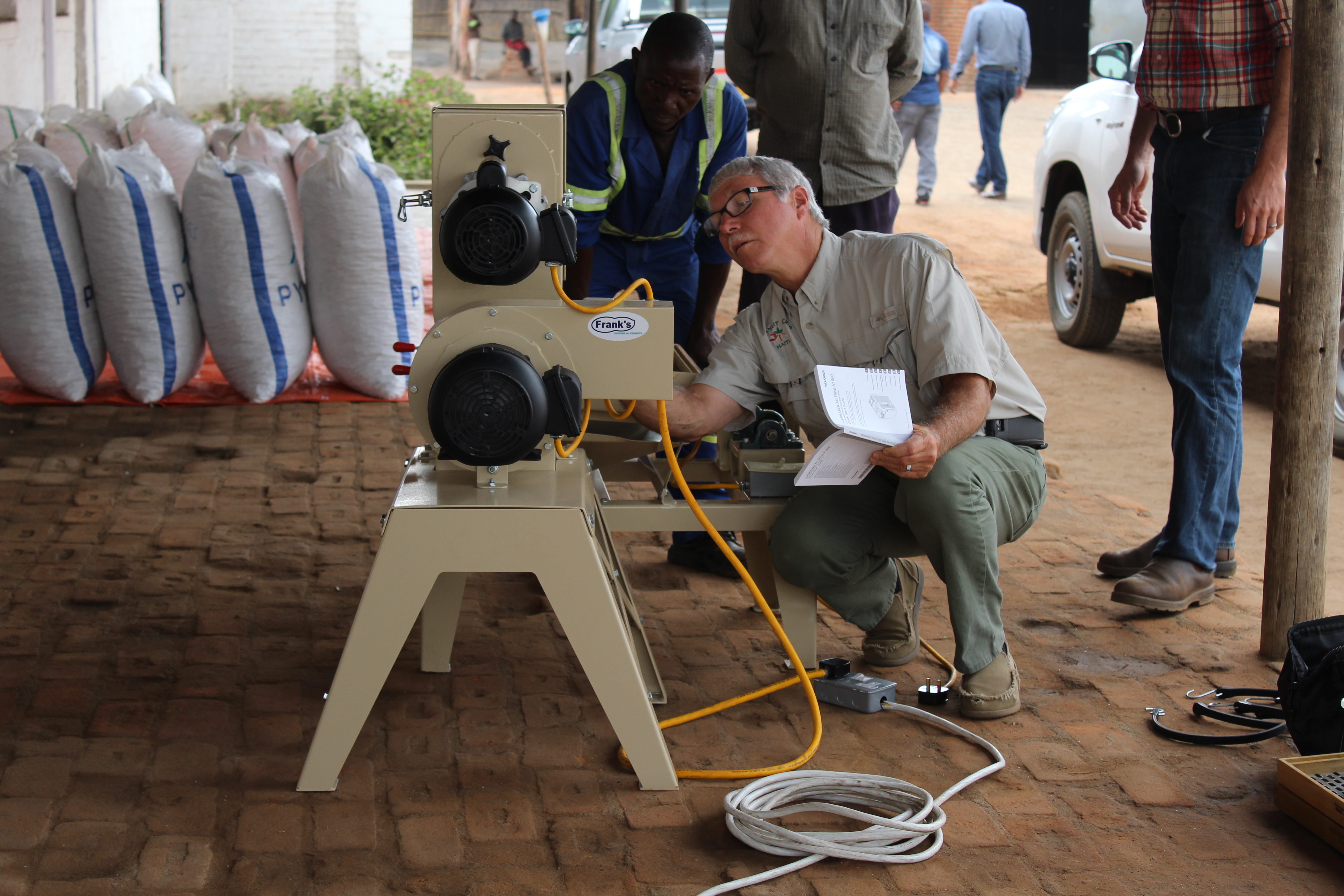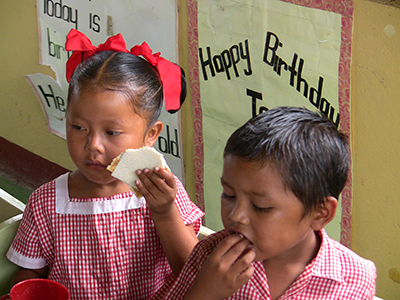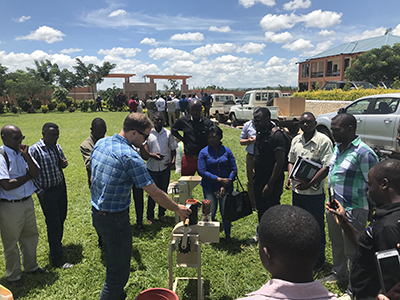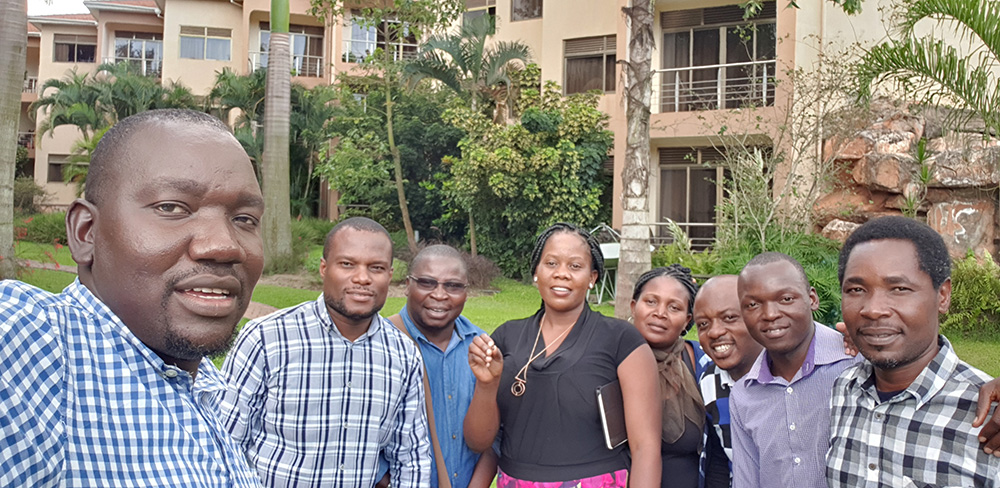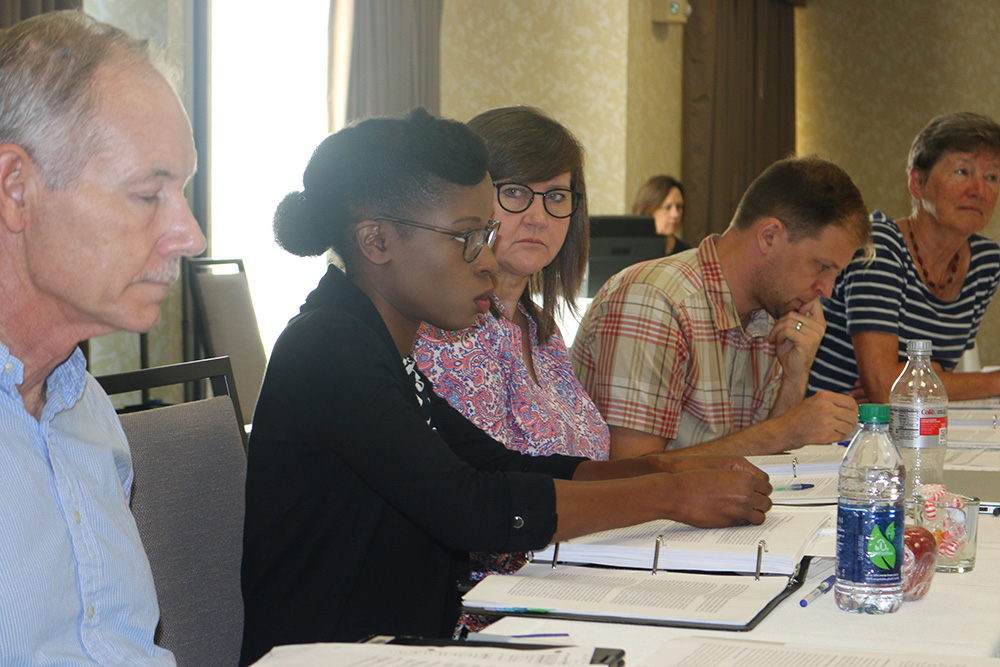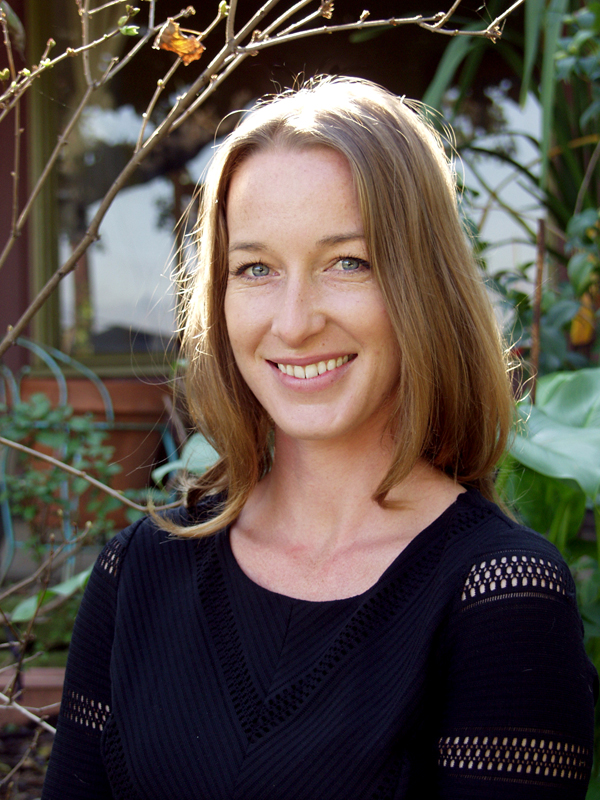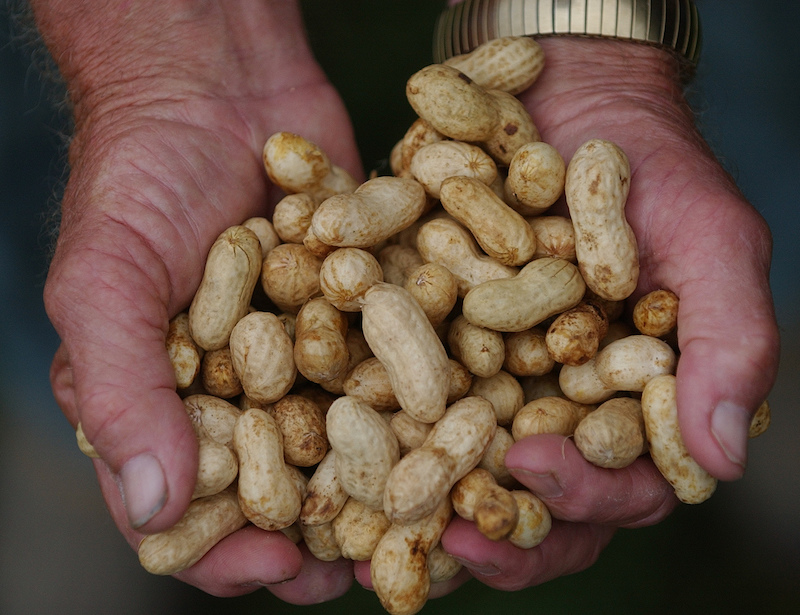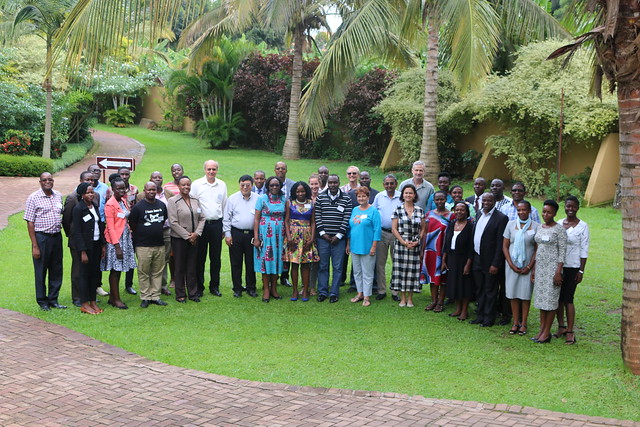 CAES News
CAES News
Uganda peanut research
Scientists, students and advisors working on Peanut Innovation Lab projects in Uganda met in late May for a launch meeting in Kampala to celebrate the start of work and share questions and insight about the direction of projects.

